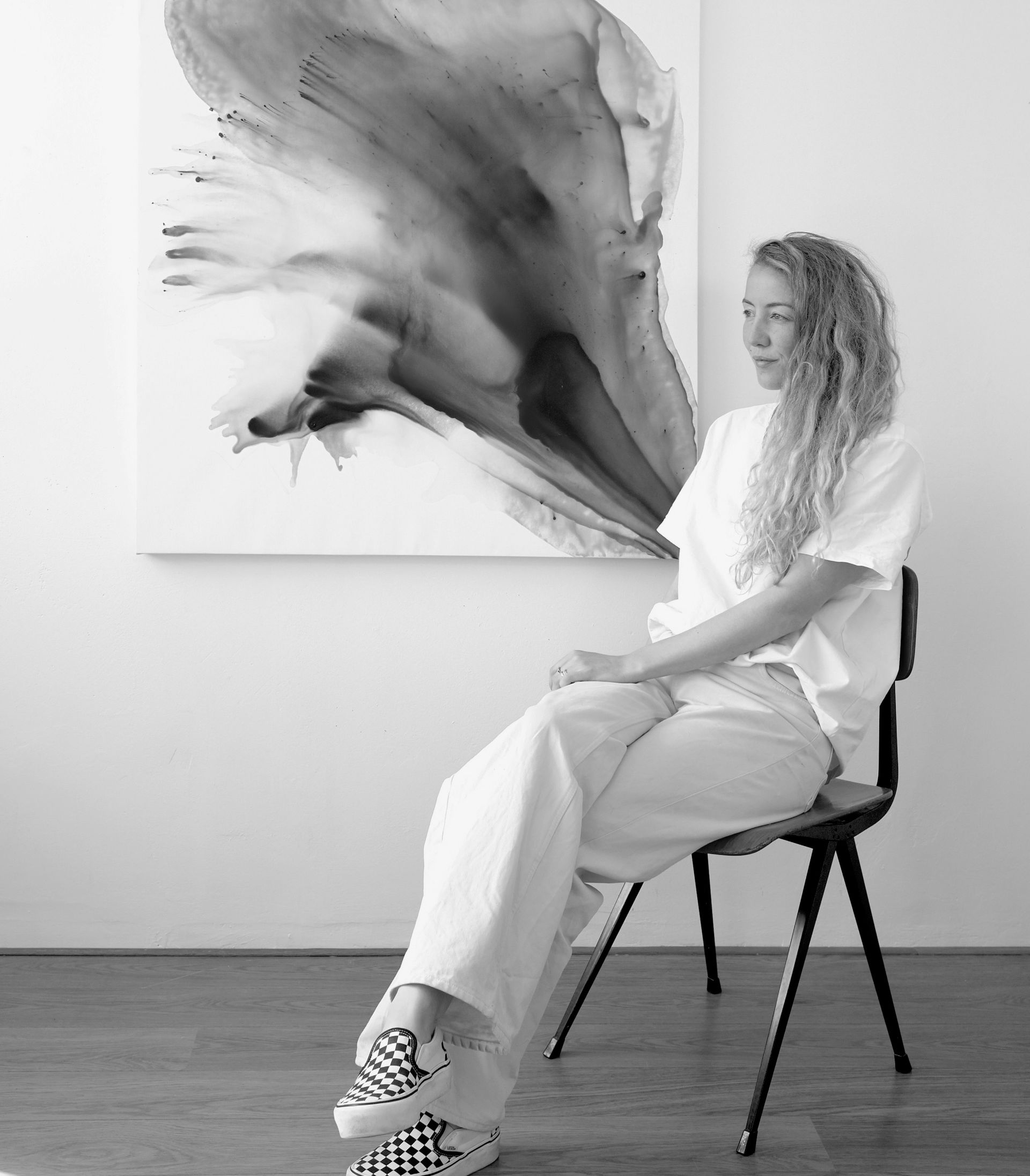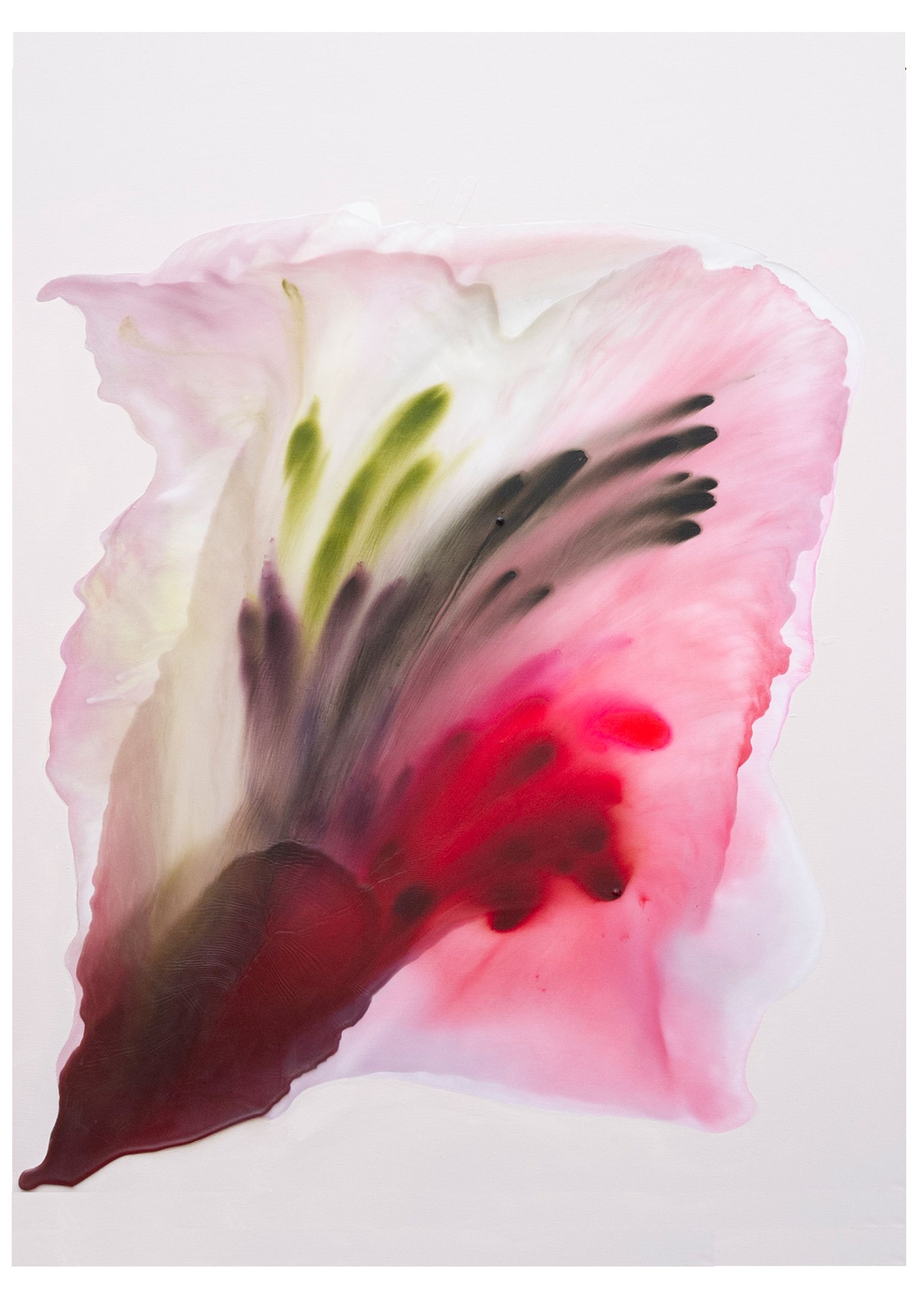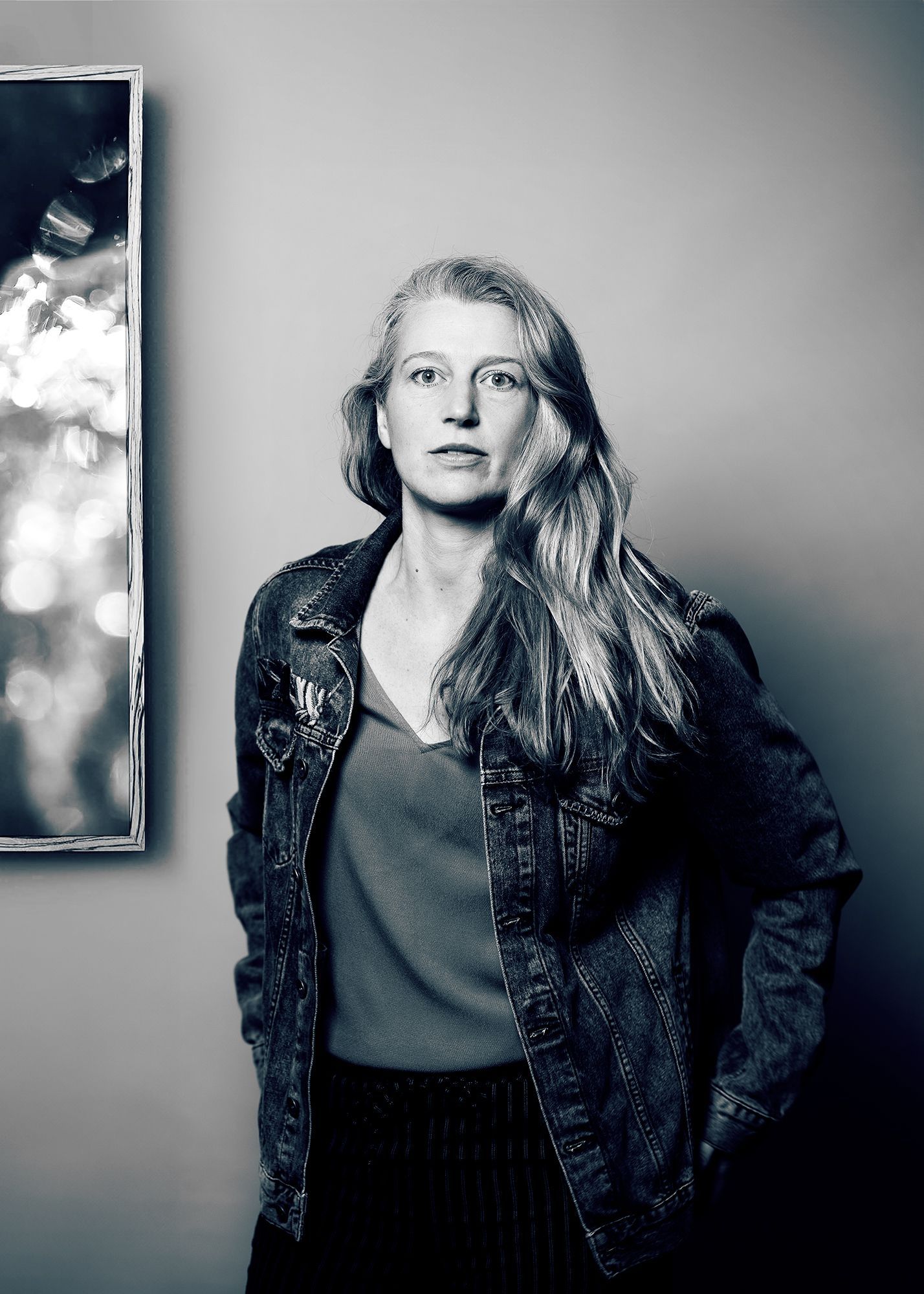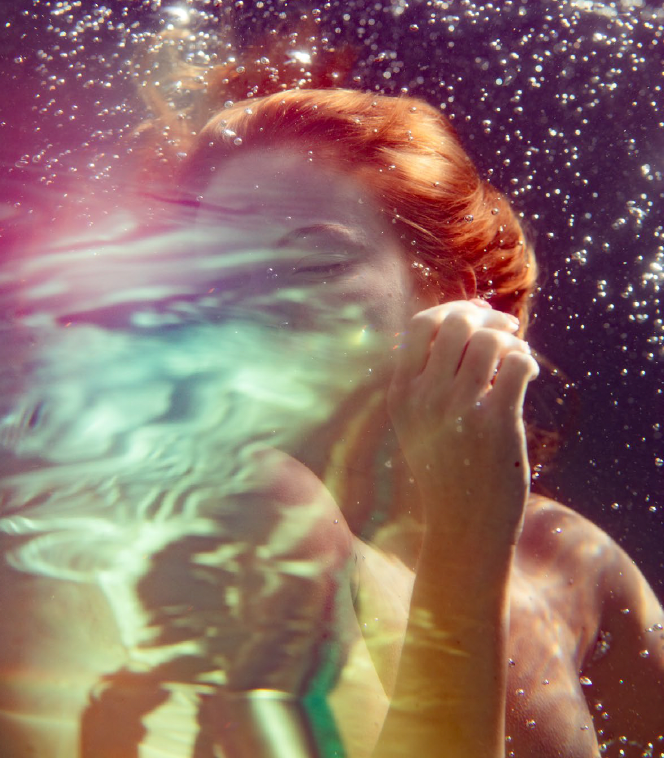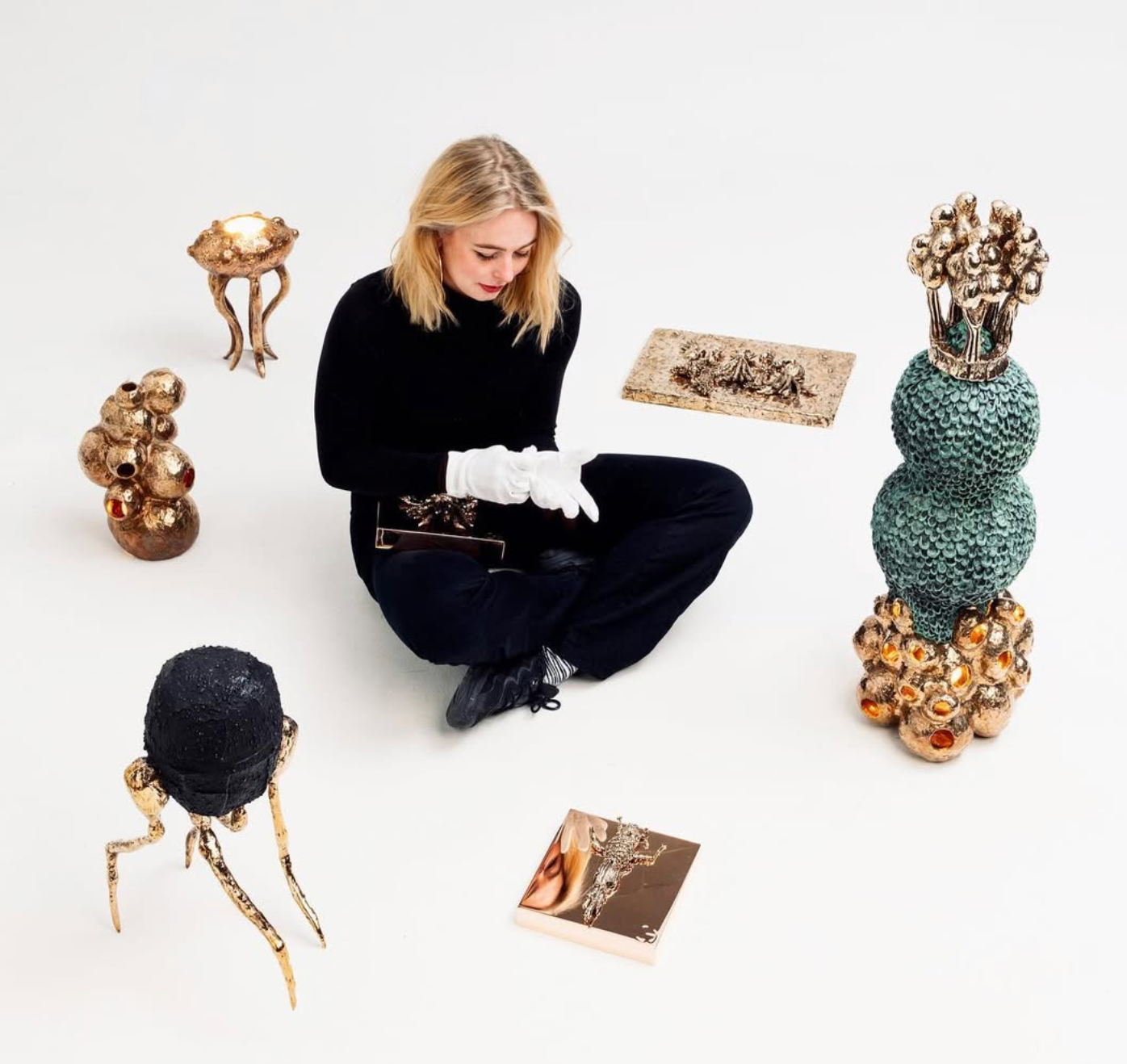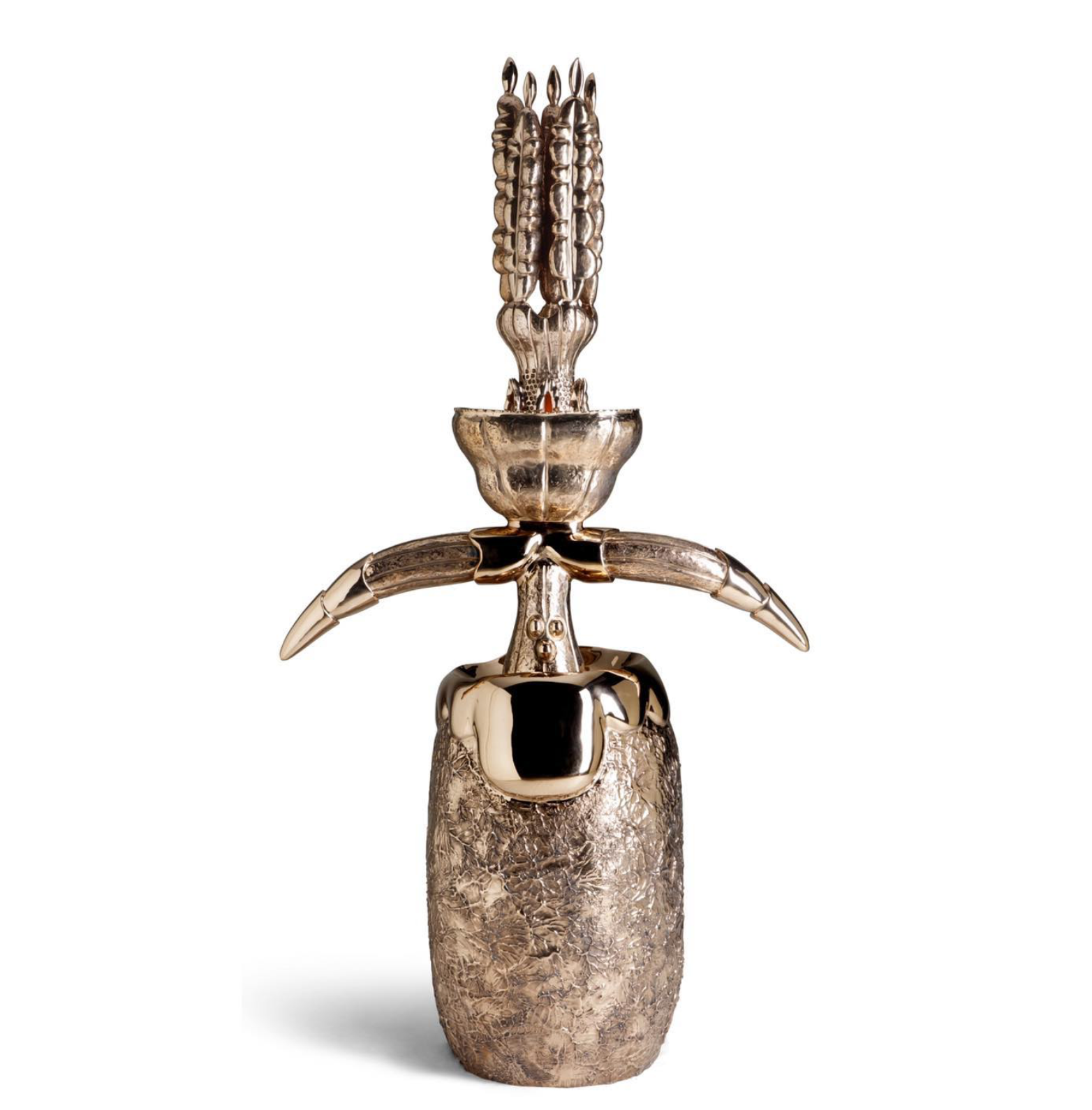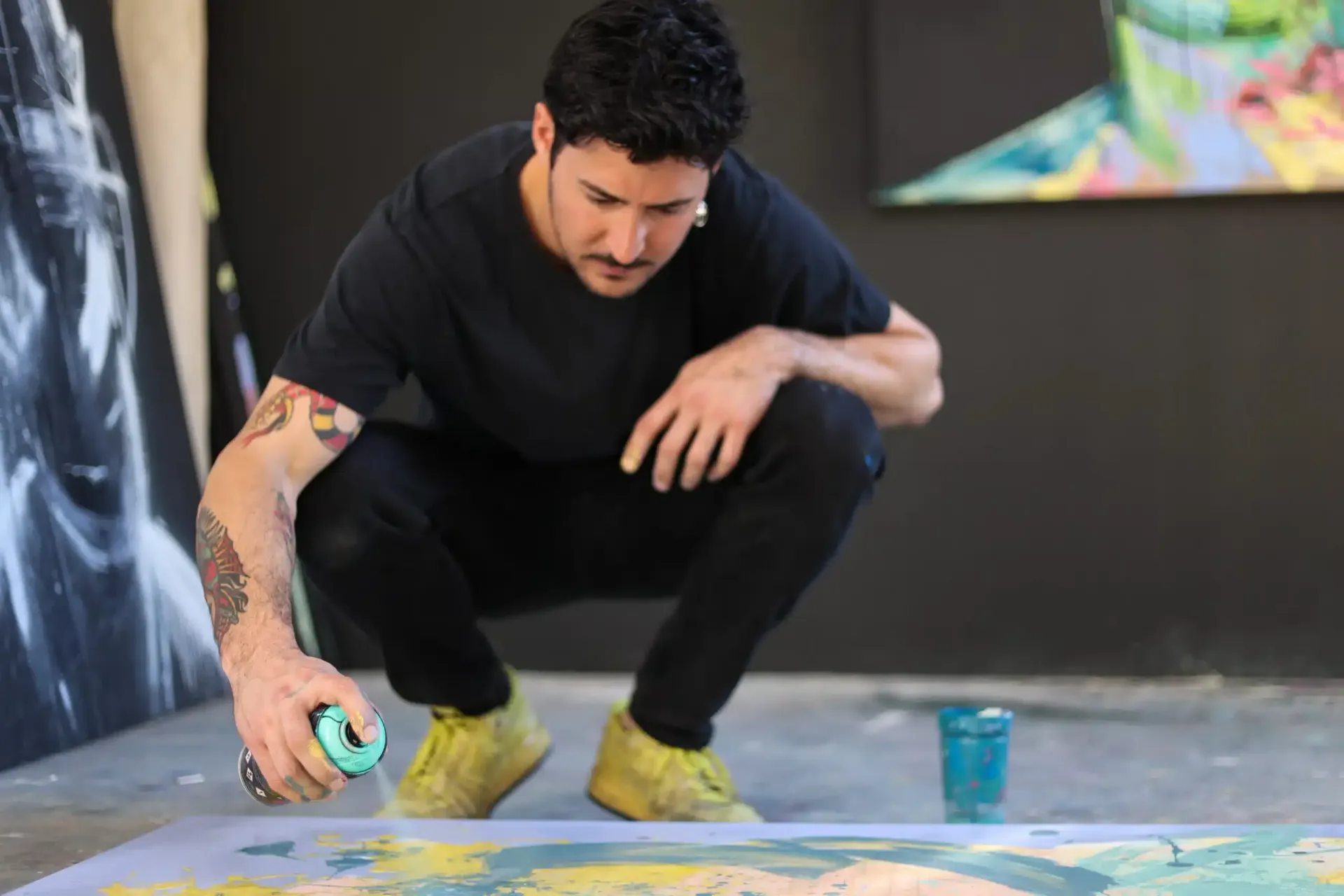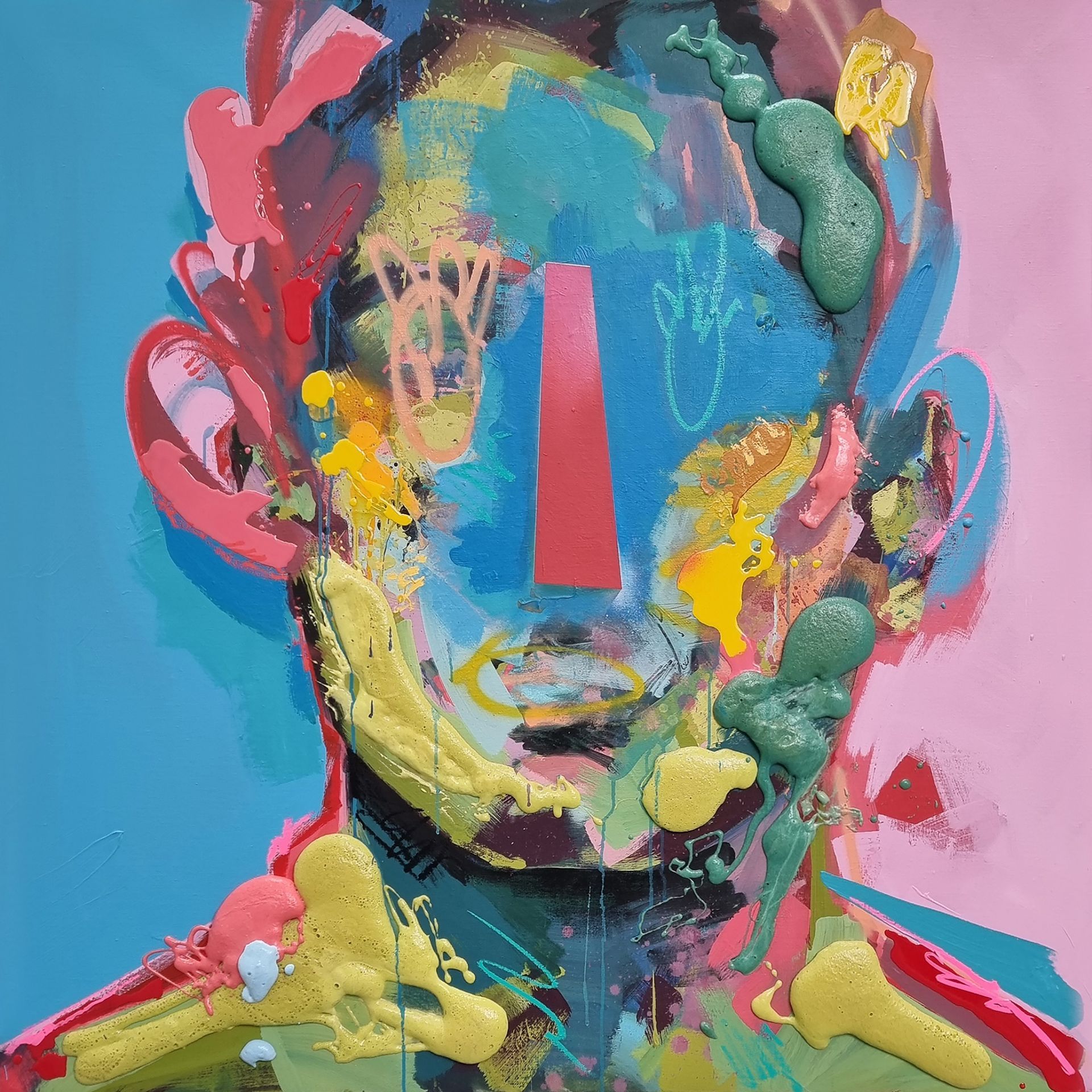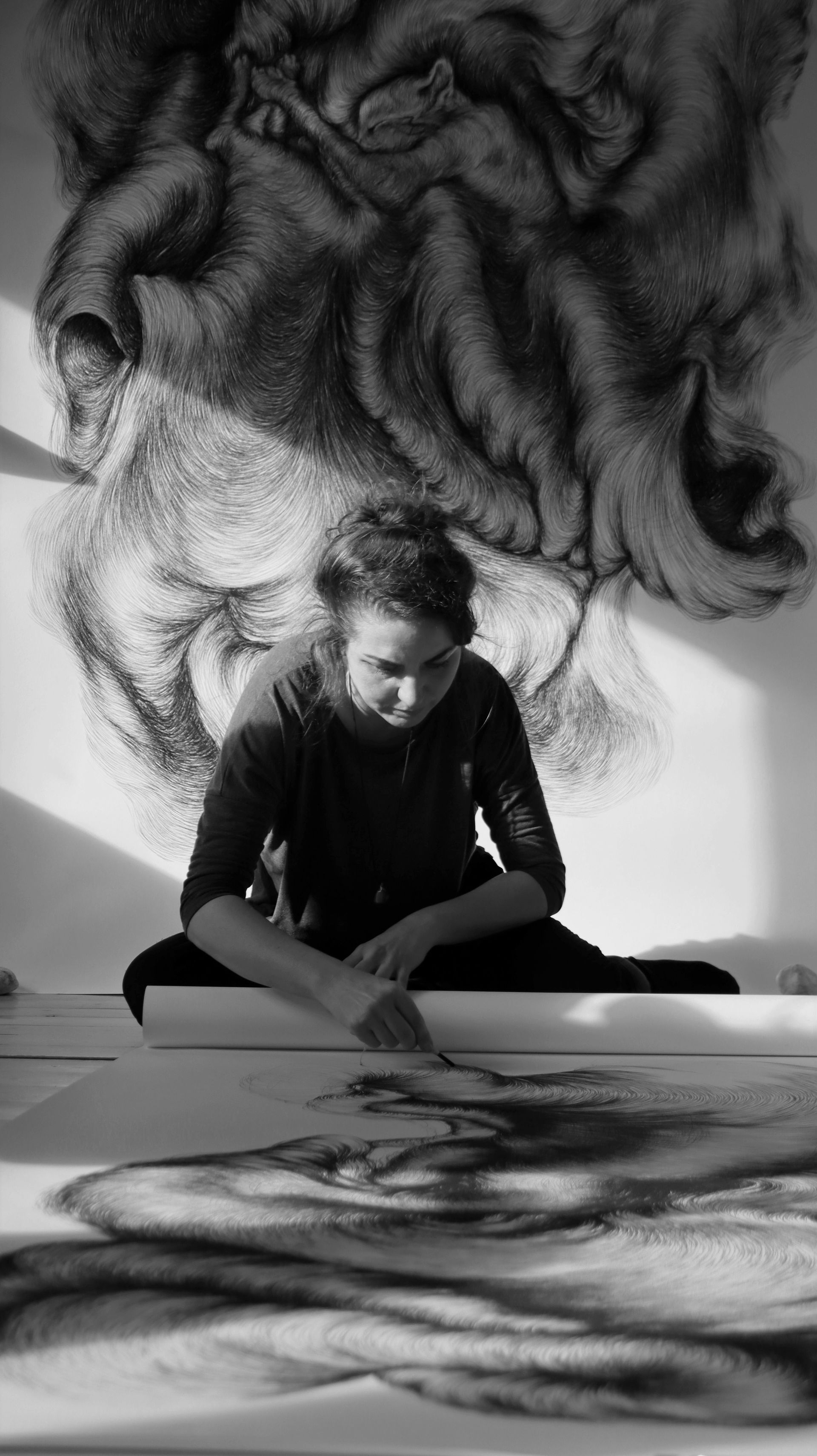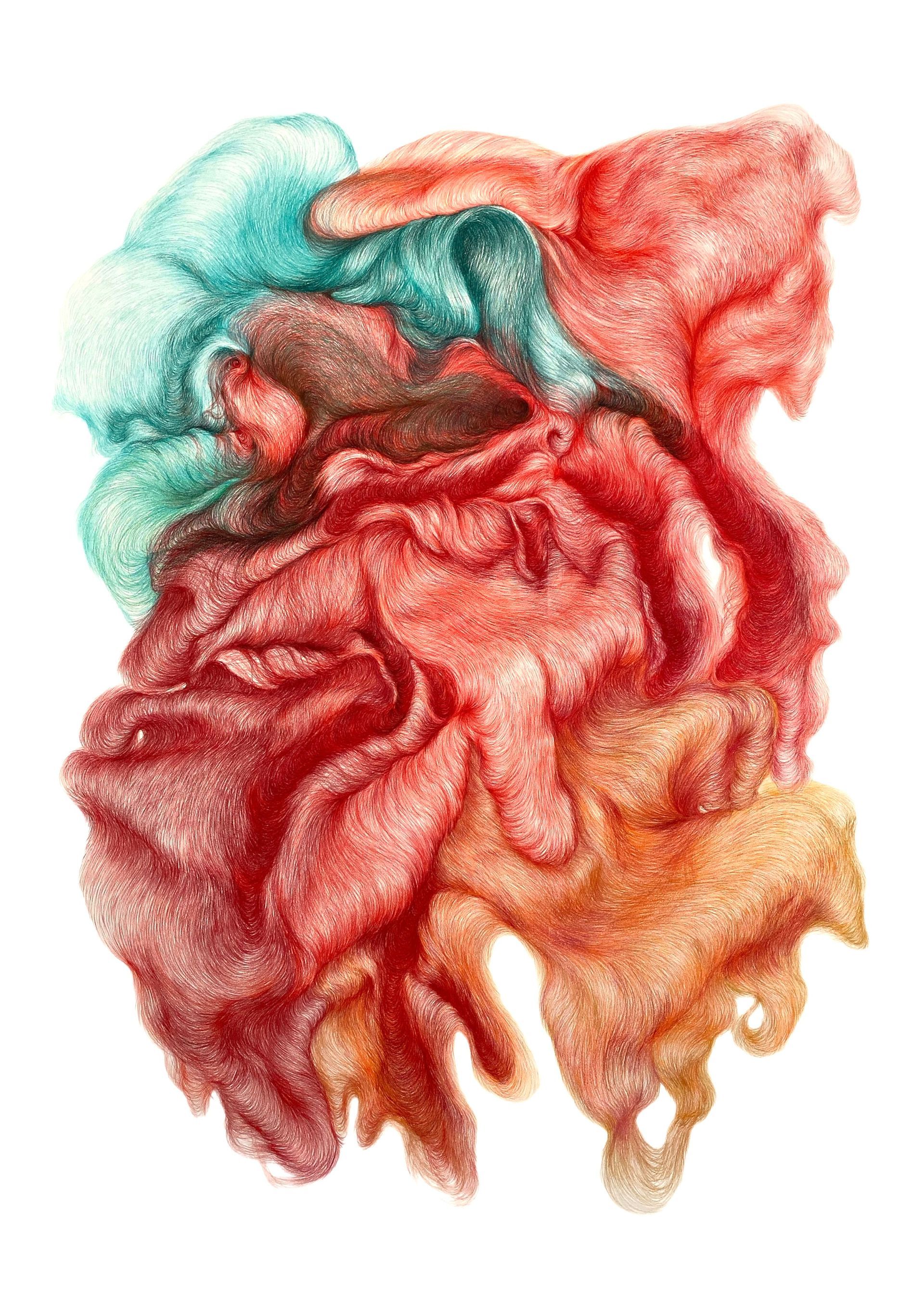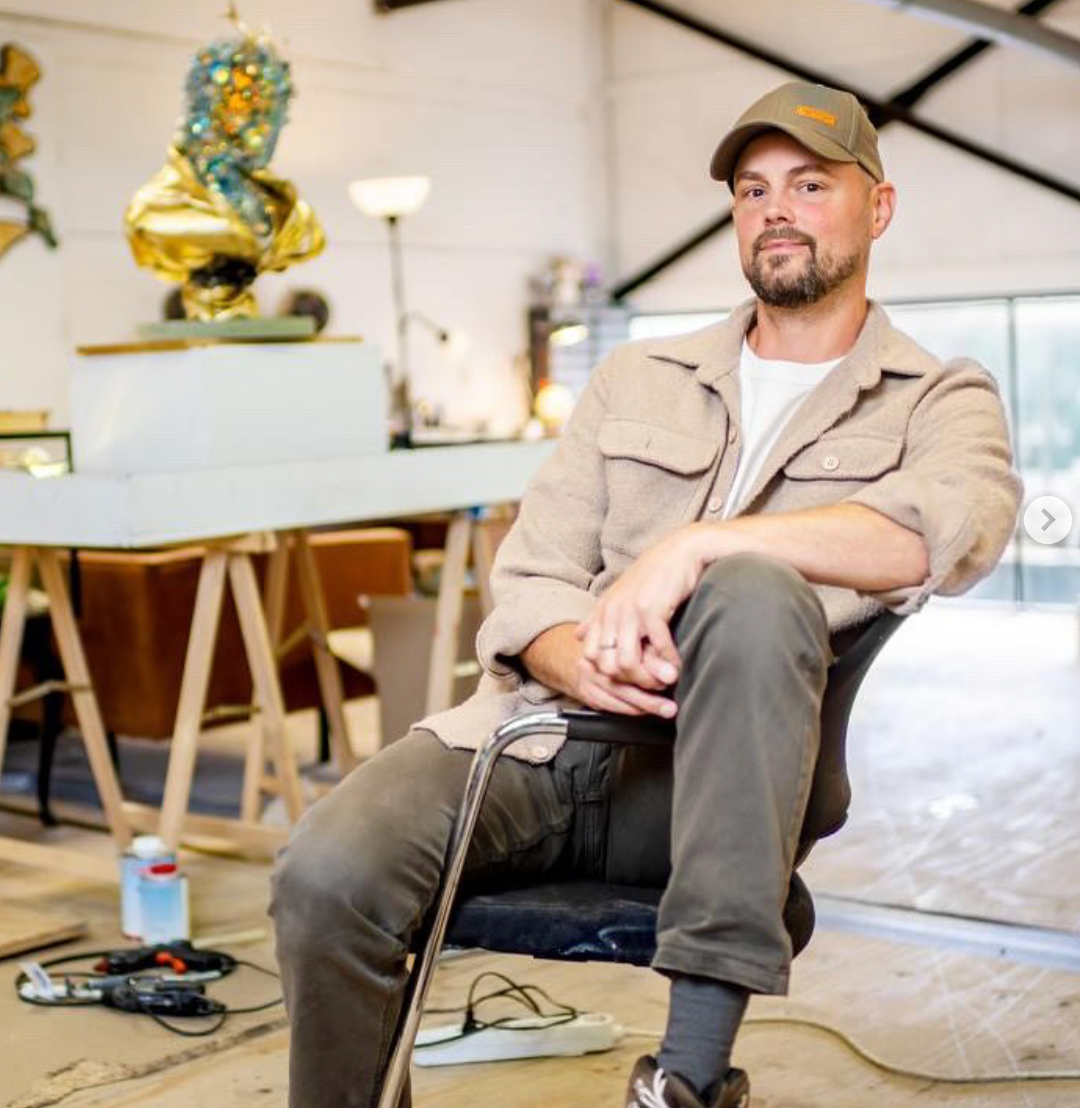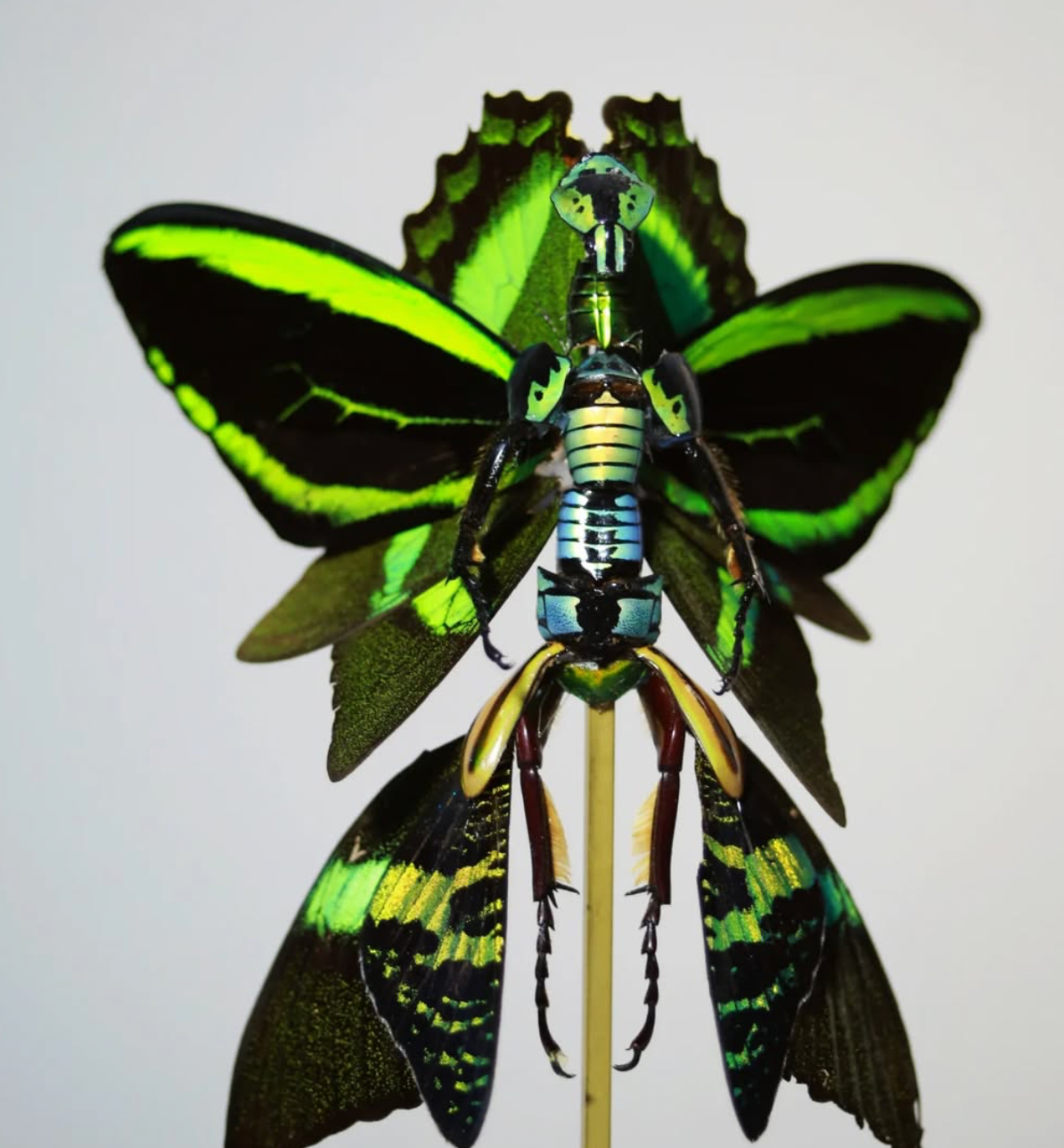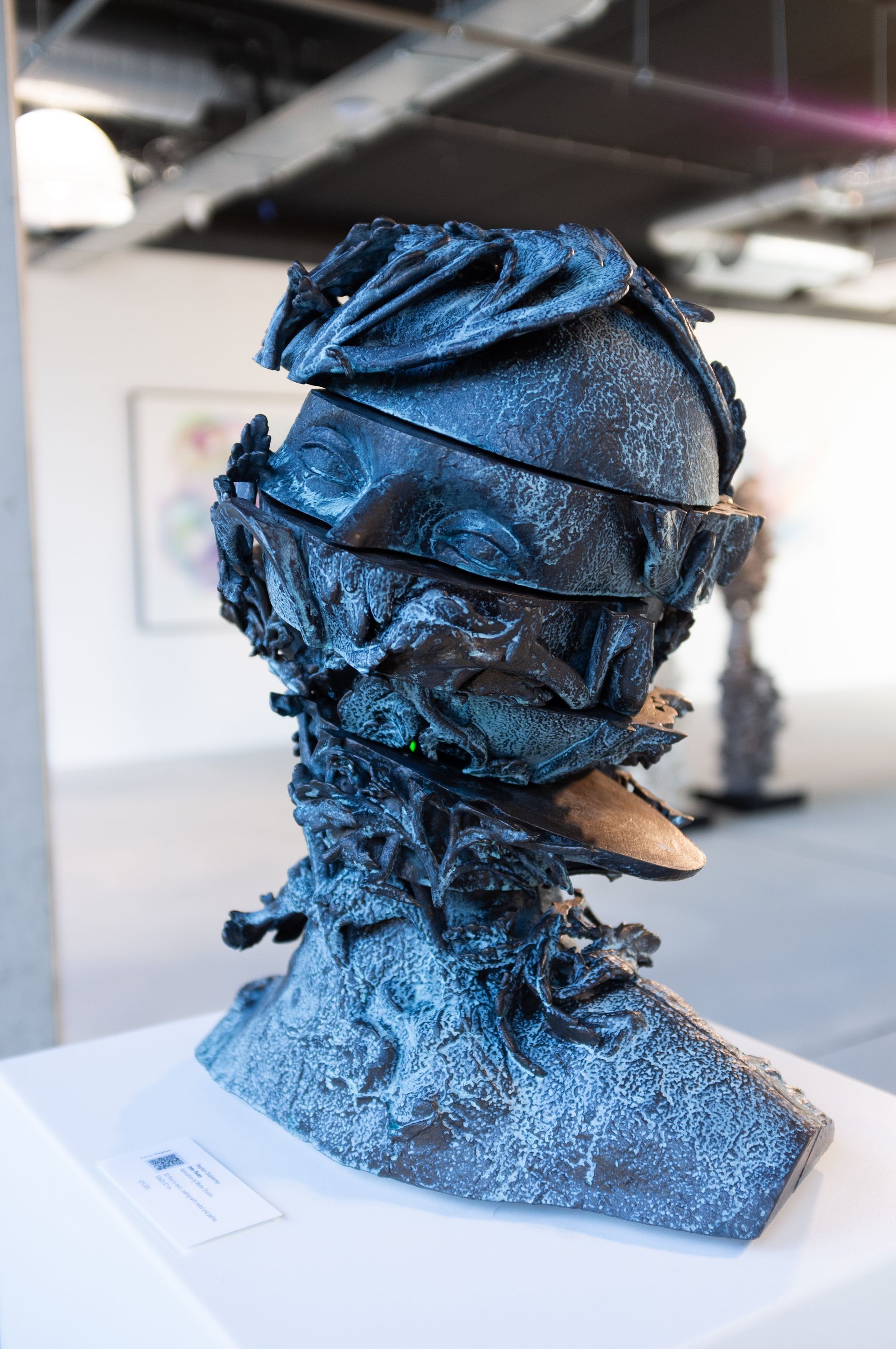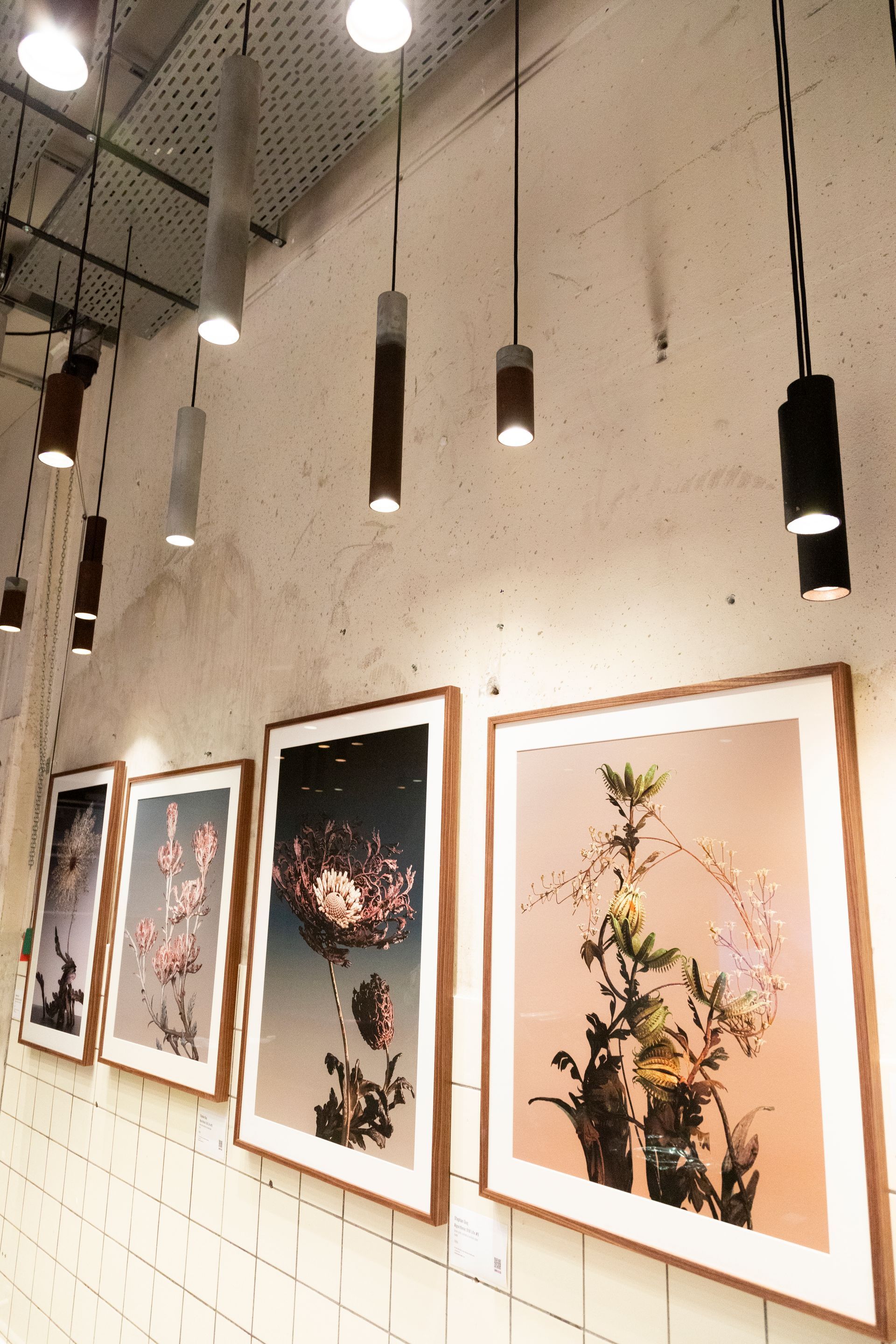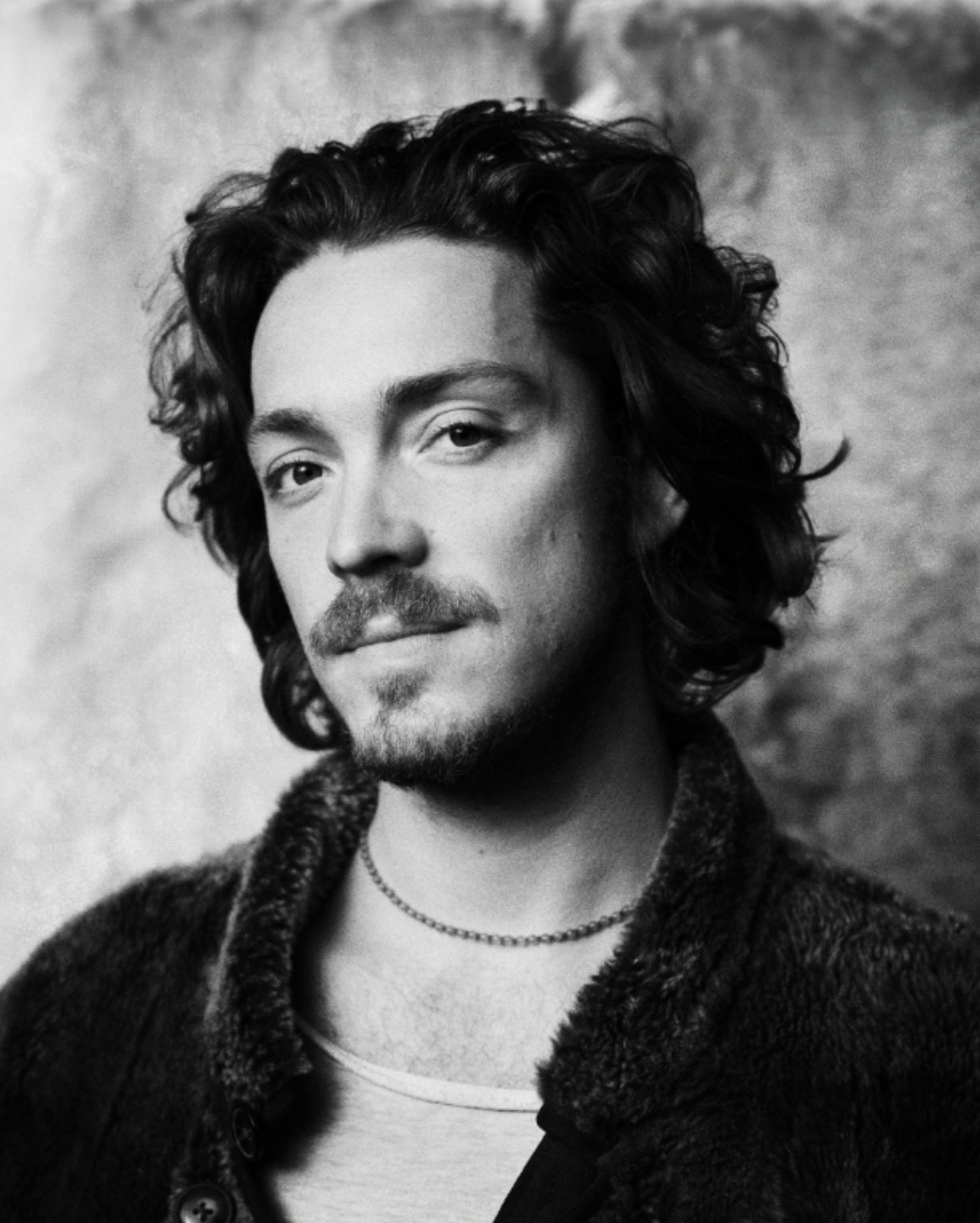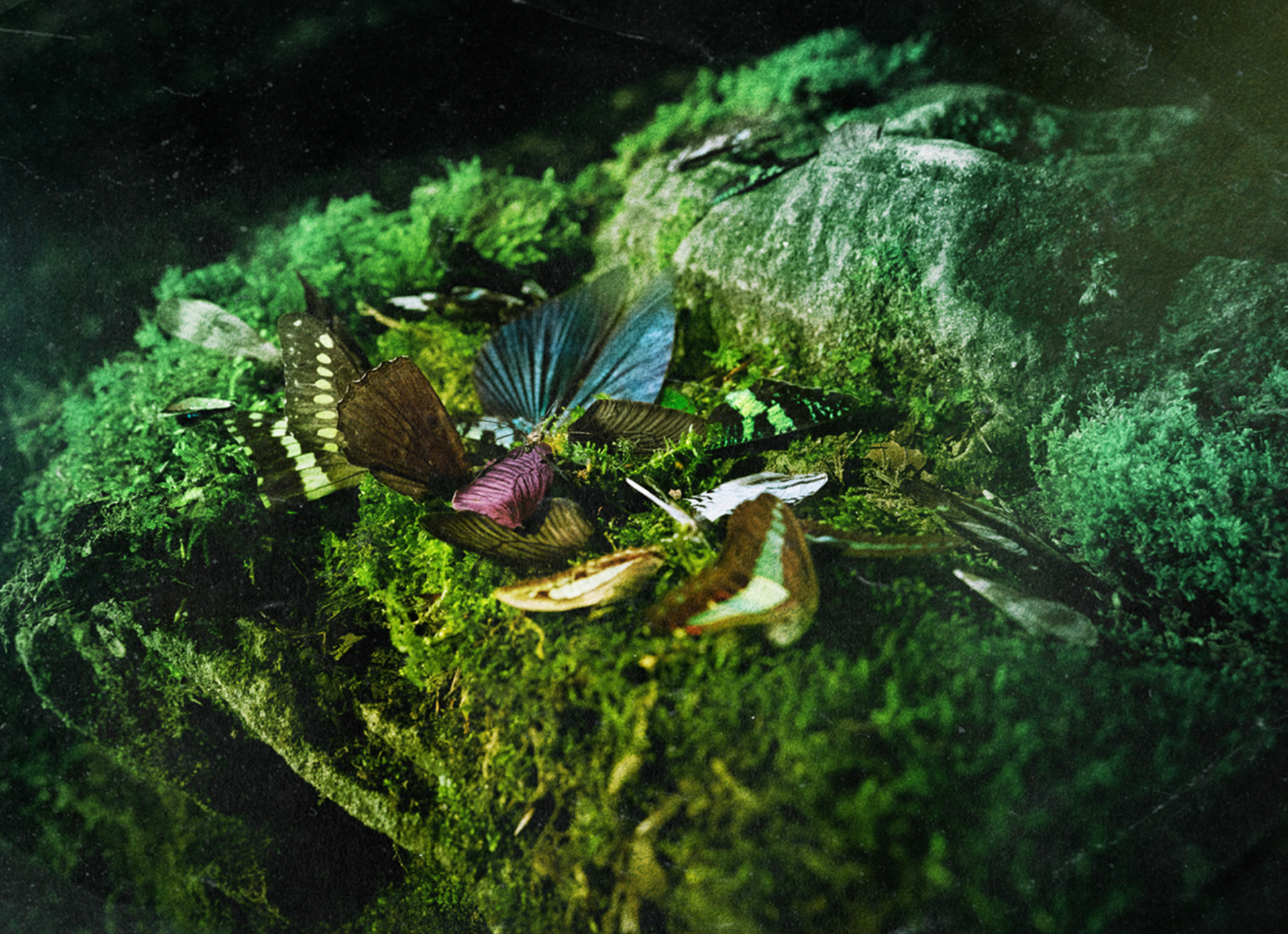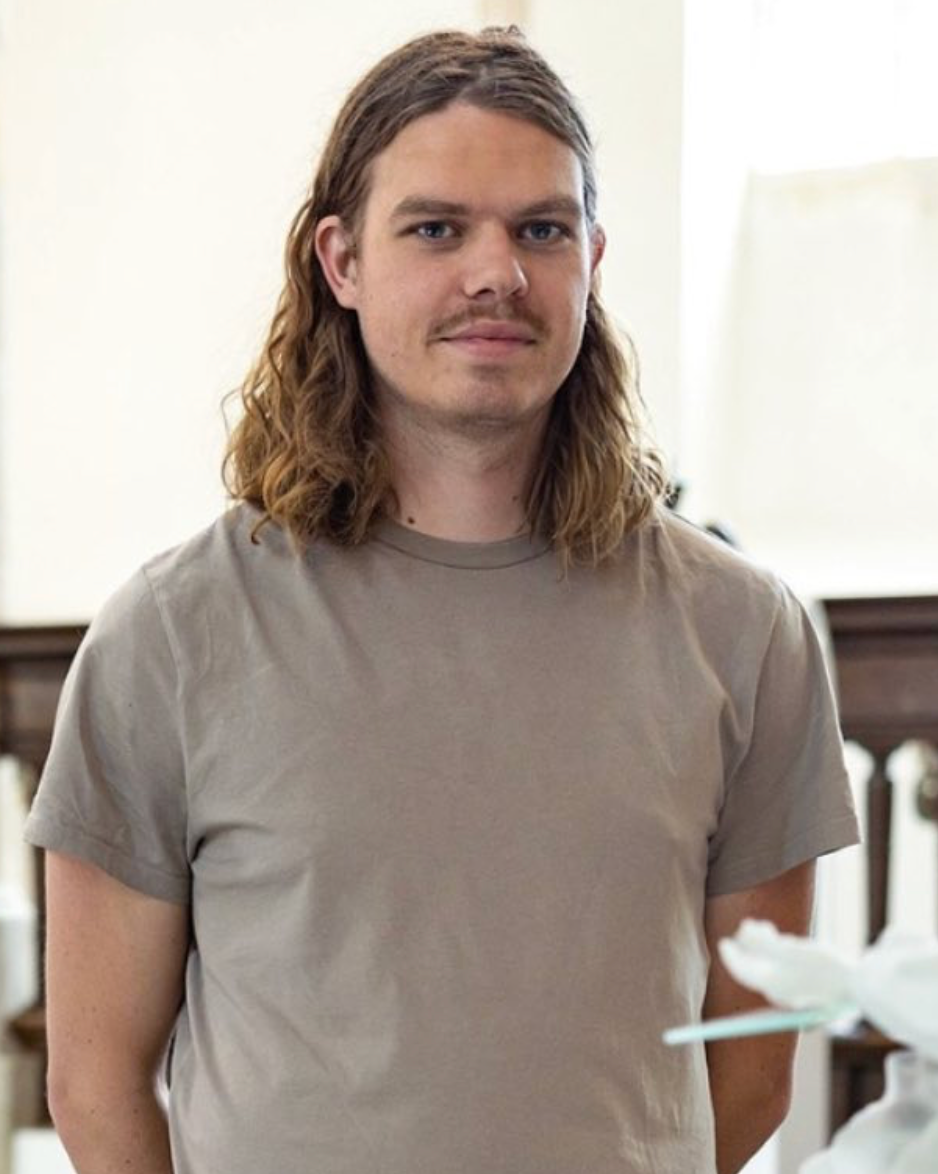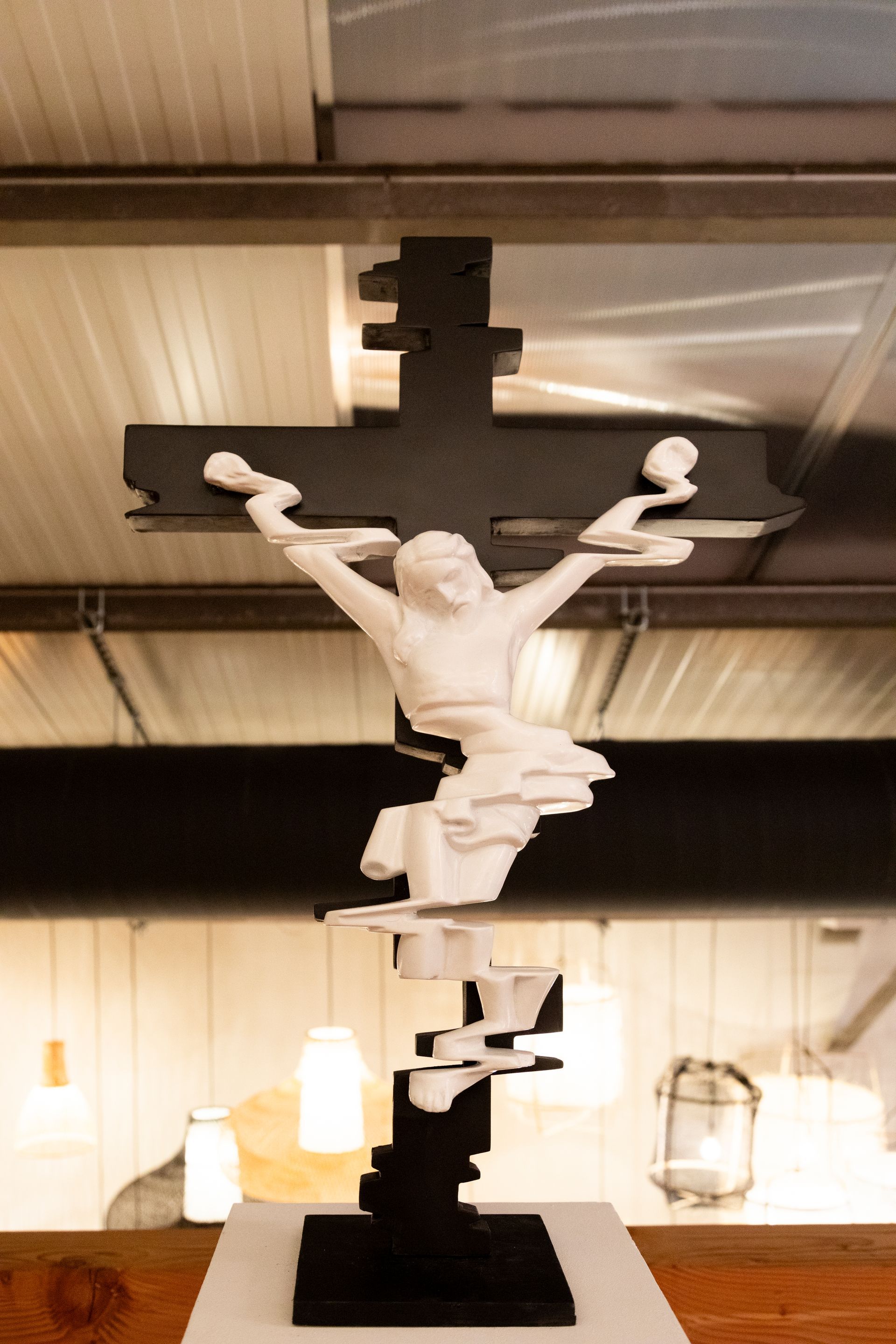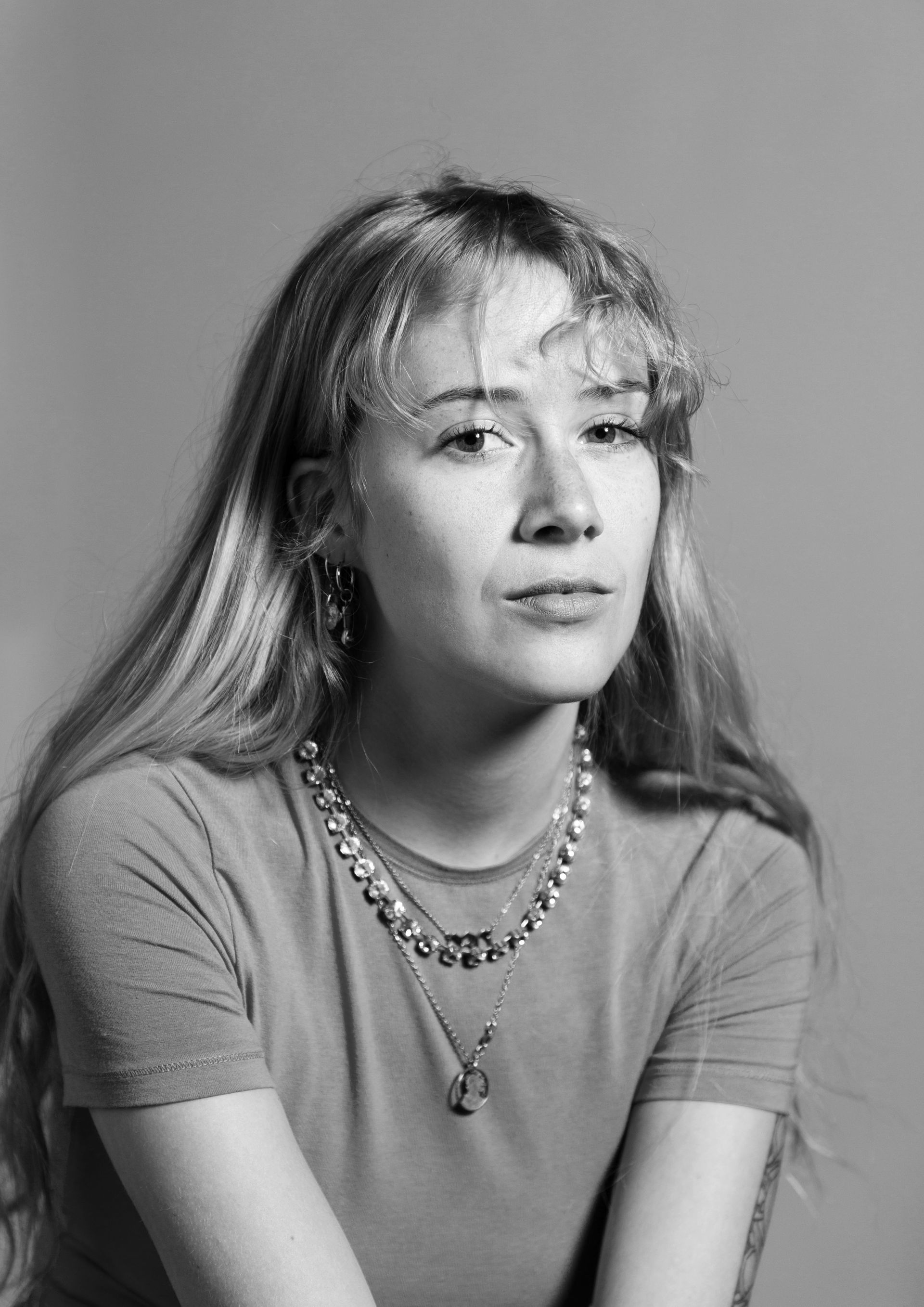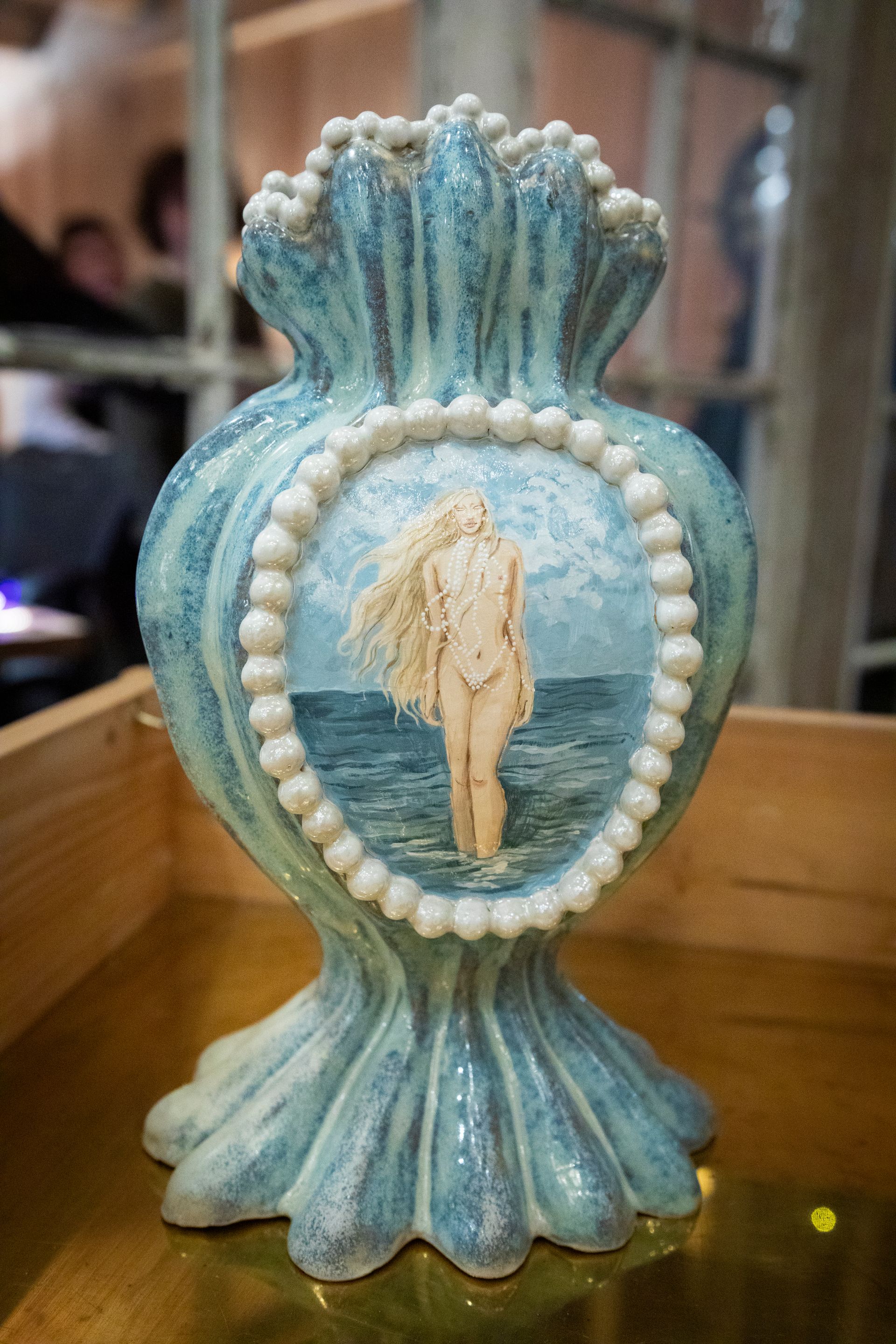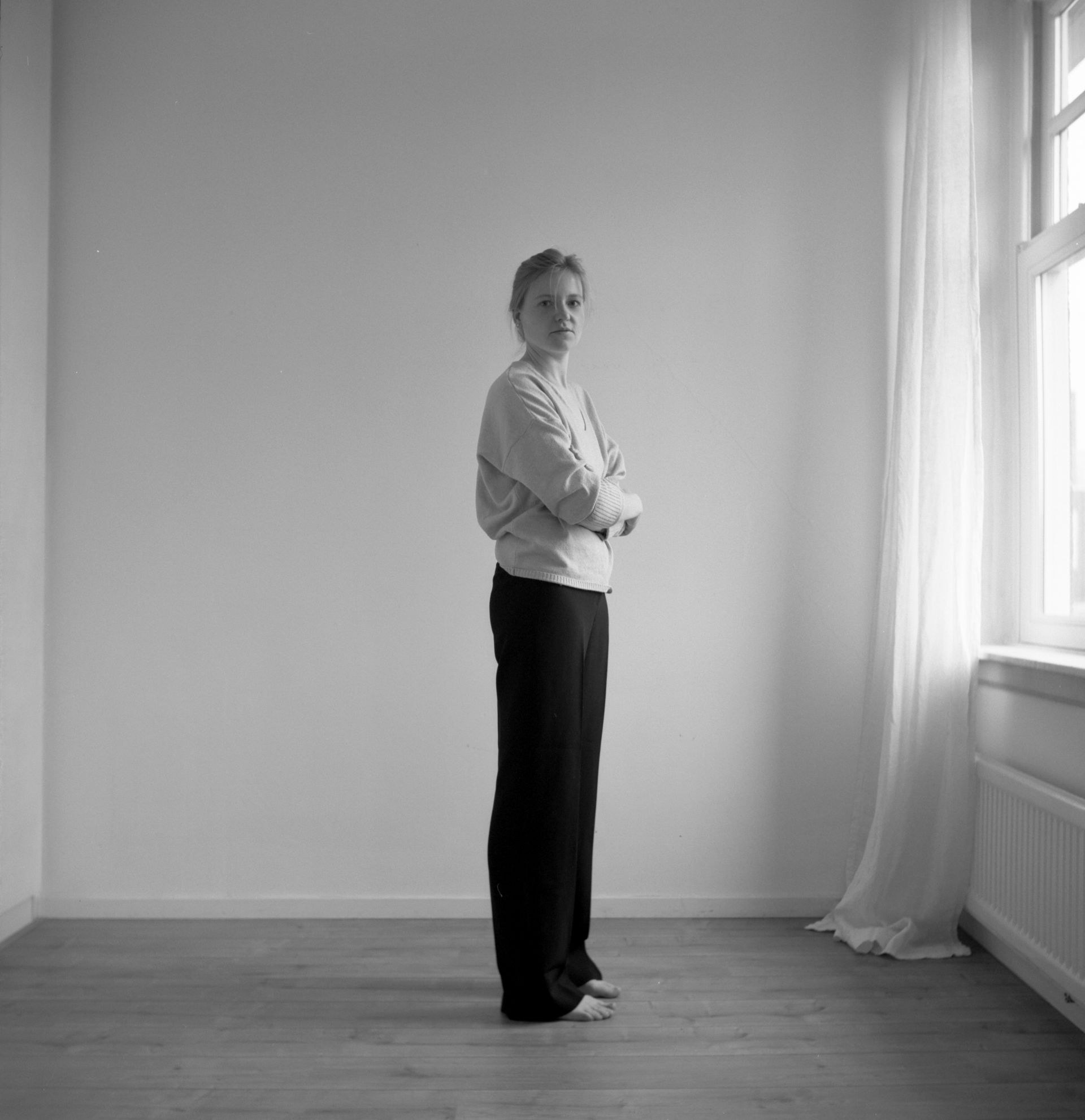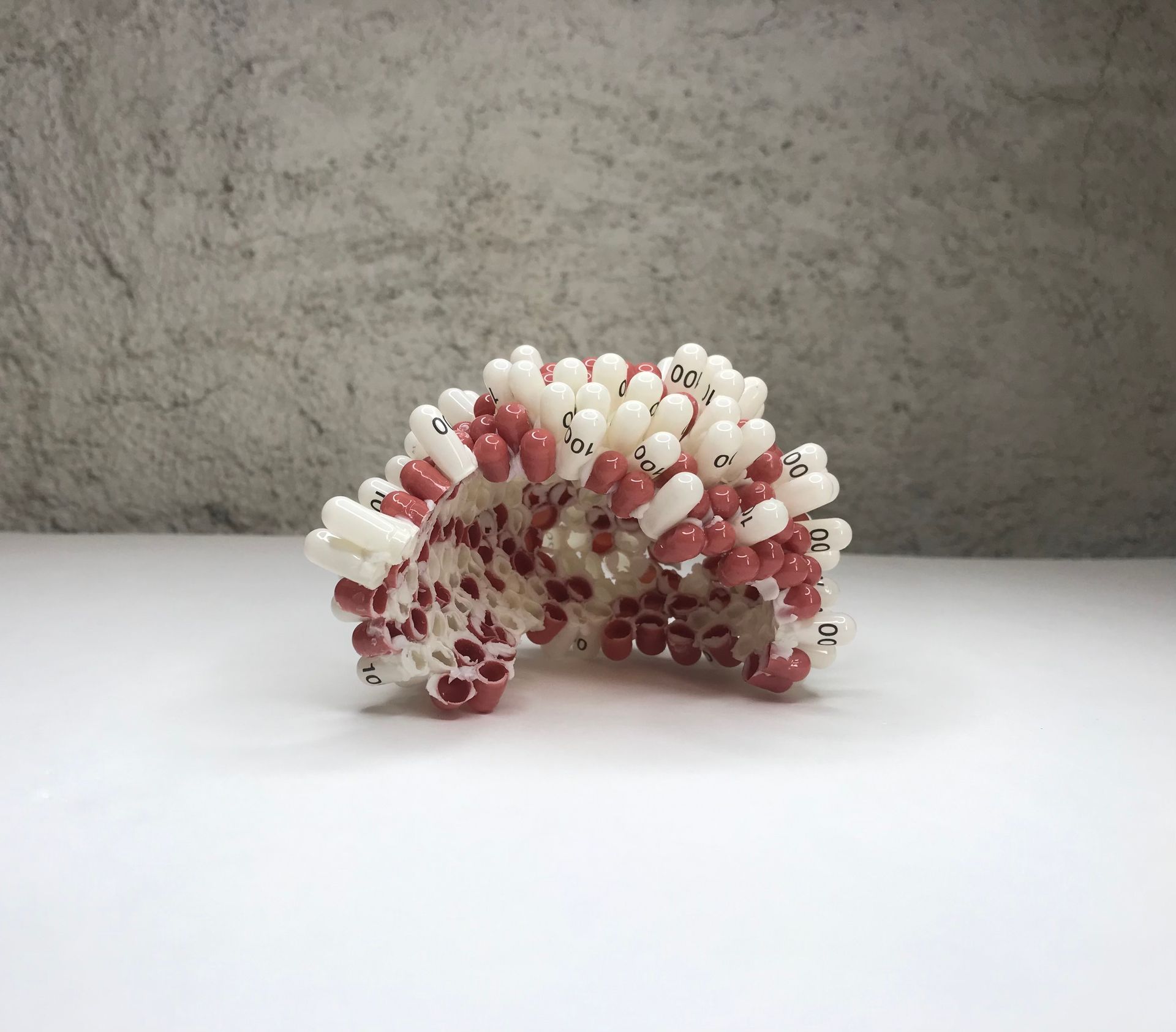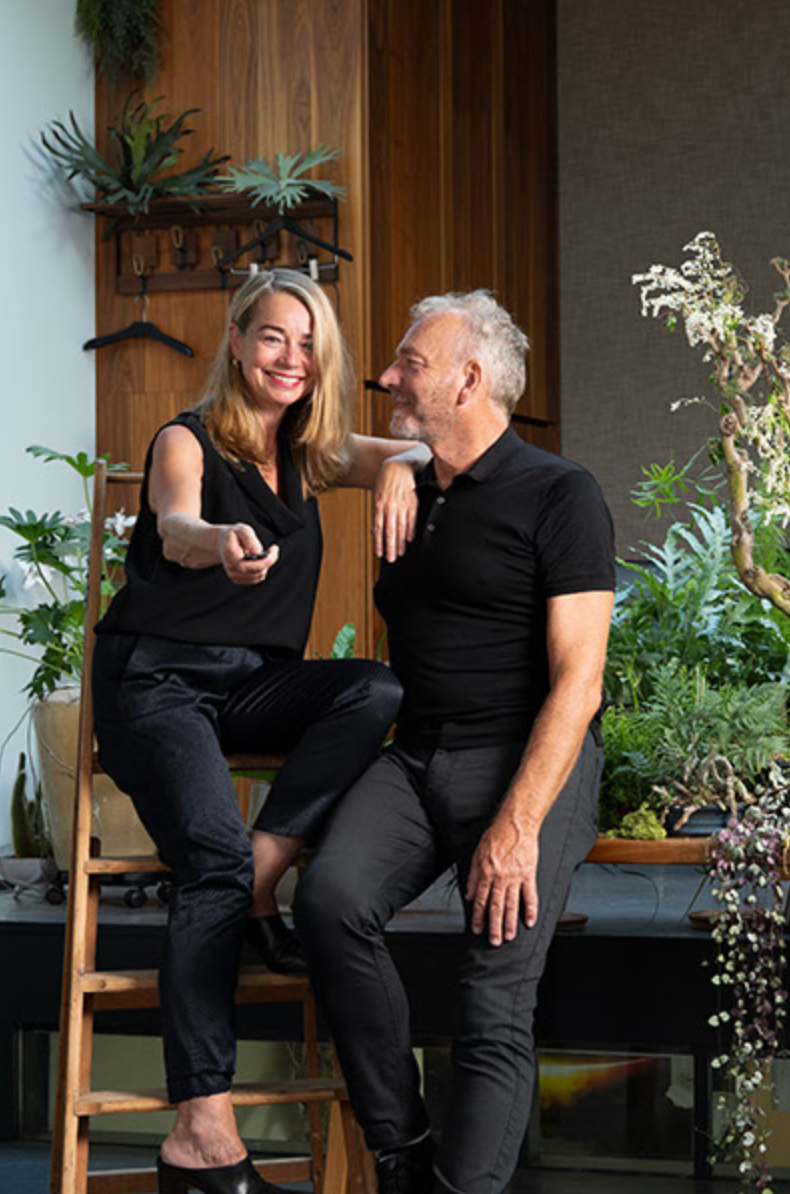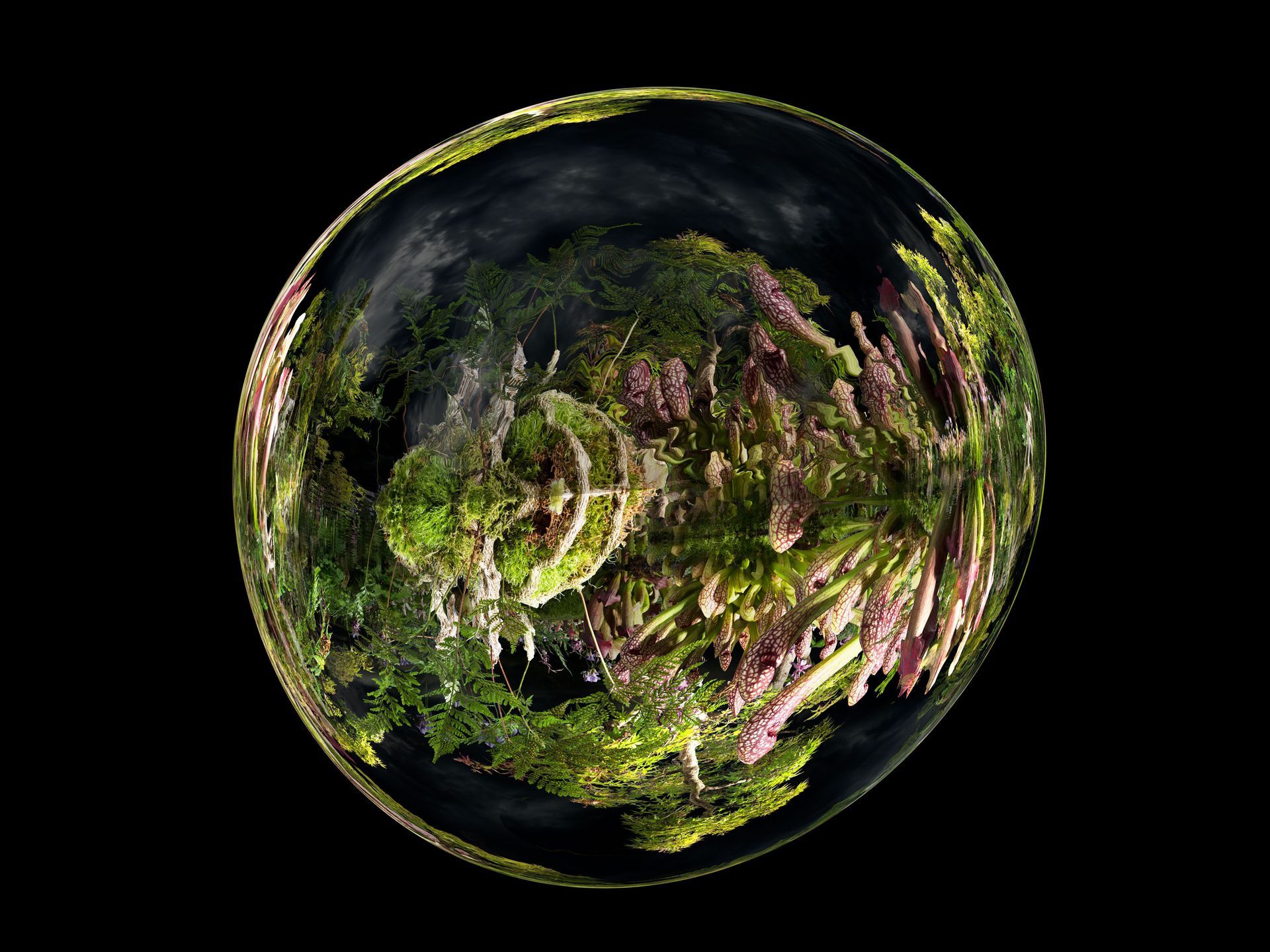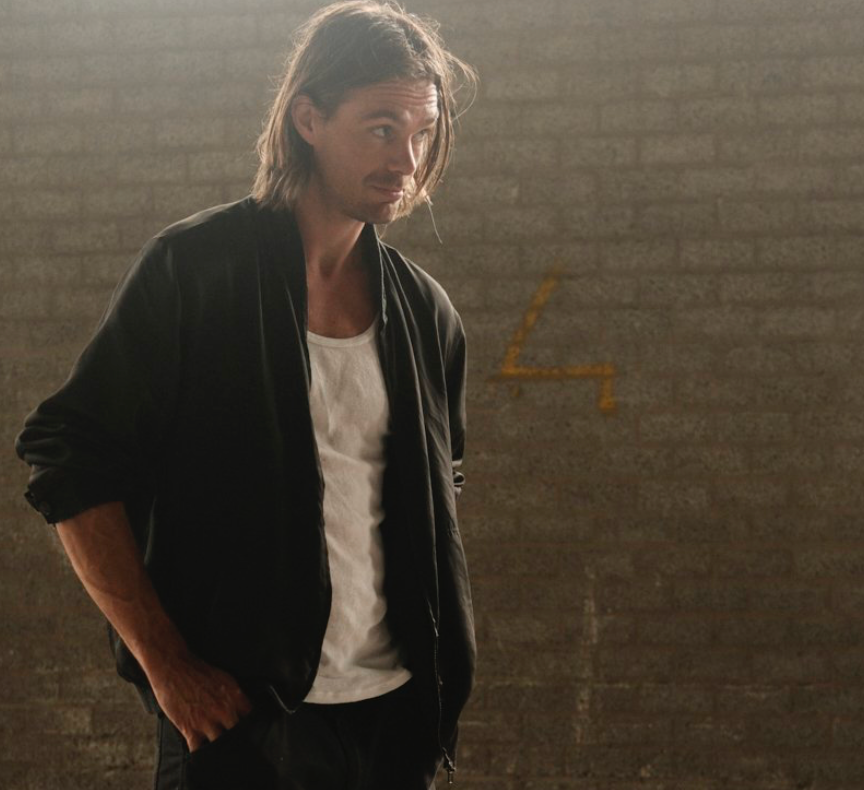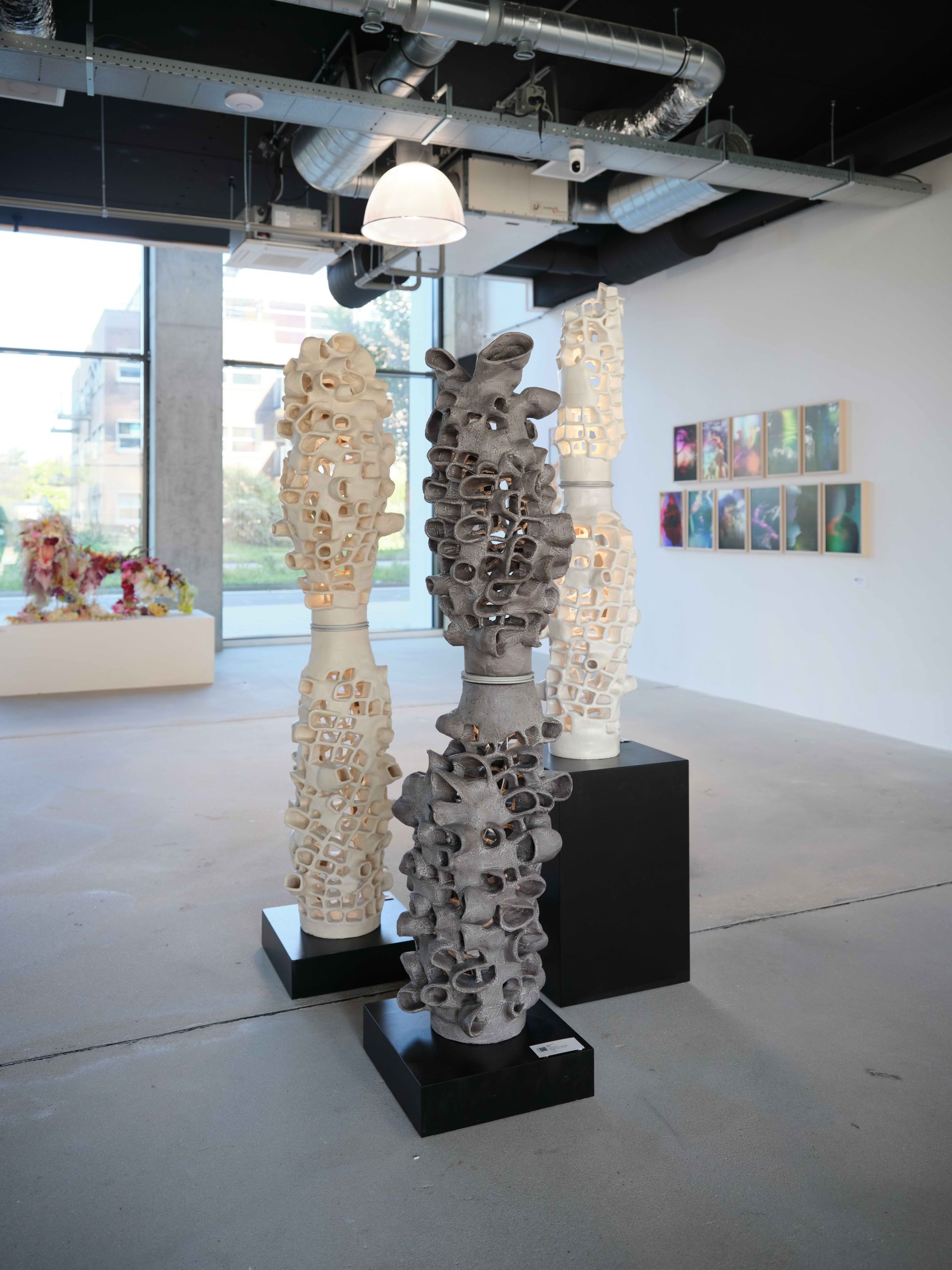Aimes Jowil
Amy Jowil (Amsterdam, 1991) is an autonomous artist. Her work reflects the natural flow of life and the colors that result from it.
She creates unique conceptual series from her personal vision.
Art
The colorful handwriting, which runs like a red thread through her work, as well as her research into various materials and new techniques are striking.
Amy Jowil varies both in size and substrate for her works. For each work she always carefully chooses the material and format that best conveys her message. As a self-taught artist, she adds the mastery of new materials and processing methods to her oeuvre. They complement each other in a natural way.
Truly unique and exclusive pieces of art.
Sjoukje van Gool
Sjoukje van Gool (1982) grew up in the Netherlands, surrounded by nature: water and woods. The images, sensations and colours of these remain deeply ingrained in her being, and these colours are reflected in her work.
Her photographs are pulsing, and speak mainly about what isn’t seen. She captures reality as
she sees and feels it: a dreamt world that can be anywhere, any time. She is specialized in underwater photography and runs her own Underwater Studio in The Netherlands.
Jeske Haak
Jeske Haak work is a translation of nature around us. Her inspiration comes specifically from the unknown, undiscovered or unseen nature. Think about the nature deep in the ground
With this as an inspiration source, she creates abstract and organic works.
She work mostly with the material bronze. This material fascinated her because of its very existence. You can recognize her work on the hand-crafted structures, textures and patterns witch are unique on every art piece .
Santiago Pani
(1990), Mexican artist currently living and working in the Netherlands.
Recently I have focused on the Portrait series “Personal Universe”, which is inspired by anonymous characters and memories of people stored in our subconscious throughout our lives and the idea that sometimes while awake and other times during our dreams, these anonymous visitors will be recalled by our minds to interact and influence our story once again.
Lately I have found myself very connected to these concepts and ideas, which makes the production of these pieces be very organic and visceral.
Judith Aardse
The artist Judith Aardse graduated from the Utrecht School of the Arts in 1999. (HKU) During her drawing teacher training, she took advantage of every opportunity to develop knowledge about the widest possible range of art forms. She eventually graduated with performance-video-installation art. Nowadays she mainly draws. She combines her artistry with giving art lessons at the Grotius College in Delft.
She sometimes makes large meditative drawings with charcoal or colored pencils. Repeating lines puts her in a flow and gives her peace. This intuitive way of working arose from the search for balance in her life.
Cedric Laquieze
Cedric Laquieze is an Amsterdam-based artist born in Los Angeles and a graduate of the Rietveld Academy of the Netherlands.
His unusual choice of materials results in work that walks the line between sculpting, fashion, and design in a surrealistic celebration of color and form.
From Fairies made of insects to taxidermy made of flowers as well as busts of ancient gods, there is a constant theme of redefining the shapes of nature and other themes that capture timeless beauty
Stephan Duc
As an artist, I am deeply inspired by the ideals of the Pre-Raphaelites. I strongly believe in creating art that is a genuinely felt, and thoroughly created. Art should be respectful to the artists that went before me, and the natural world that surrounds myself.
As a digital artist I feel particularly challenged, there is no history of digital artisanship, and we are one step further removed from physical experiences. But this is where the duality and interest lies for me. Lessons of the past still apply to the tools of the future.
In a world where we are continuously overburdened by digital information and stimulation, it feels right to create art that slows down the input and refocuses us on the beauty of slowness and calm.
Nonna Hoogland
Nonna Hoogland (1999) is an illustrator and artist from Utrecht, the Netherlands. In her work, she tries to process and understand herself, and the world around her. That’s why humanity, and especially women, are always the main subject of her work. She focuses on emotions, relationships, ethics,(art)history and mythology. Her work changes from poetic to cynical, from humorous to intimate, and always remains vulnerable in its honesty. She uses a variety of analog techniques, with a preference for painting and ceramics.
Iris de Vries
Iris de Vries is a Designer who navigates the intersections of creativity, technology, and education. As a Project Leader at Podium voor Architectuur, she oversees initiatives that merge spatial design with community engagement, while at ArtEZ University of the Arts, she teaches first and second year students a Digital Prototyping course at the Product Design department.
Her design philosophy was formed during her masters Media Technology at Leiden University. This design philosophy is rooted in an enactive view of creativity, which recognizes that making is more than a solitary act—it’s a dynamic dialogue. Iris views creativity as a process shaped by reciprocal relationships between the maker’s perception and the materials, tools, audience, context, and environment involved.
Van Veen & Mus
Dik and Anke share a fascination for Pepper's ghost technique (hologram projection) and museum diorama’s, both 19th century techniques for representing the world and thus shaping our ideas about the world around us. As artists we work with dioramas, photography and 3d software to create new wilderness. With these combined technologies we enlarge the physical miniature worlds we build in our studio to endless landscapes while preserving the complexity and beauty of the tangible nature
Jochem Esser
Jochem Esser is a visual artist who is interested in the anthropological aspects of crafted objects.
In his work, he combines handcrafted materials with modern technology to create objects that serve a practical function but don't have a real-life application.
For Jochem, creating these objects by hand creates a form of hyper-reality where there is no clear border between the real and the fantastical. In this way, Esser aims to create objects that are in the domain of magical realism.
Esser's work navigates between the realms of applied and fine art. He draws inspiration from subjects like science fiction, applied game design and ancient artefacts.


